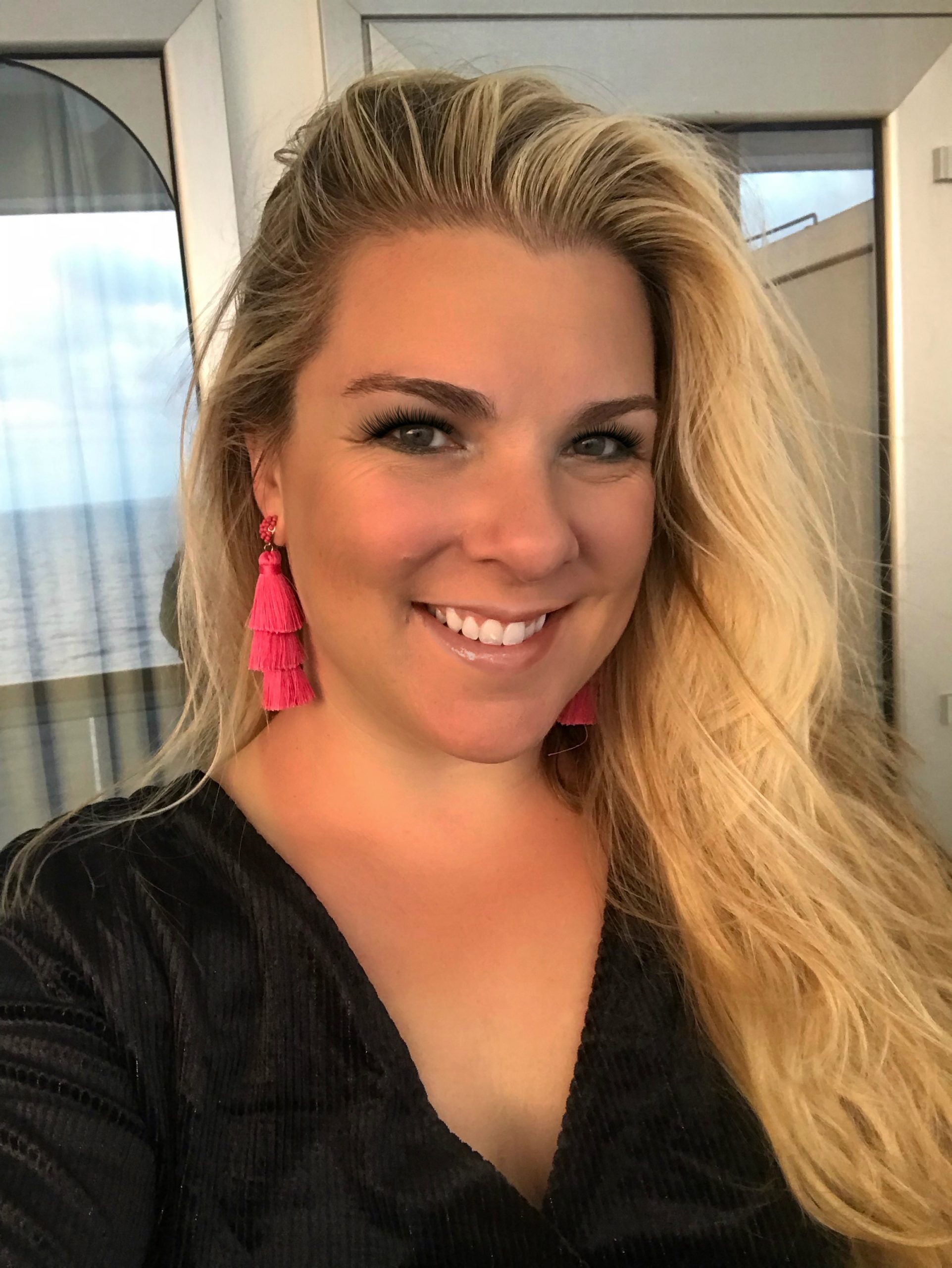 I love seafood, it’s one of my main protein sources and I’m not alone….many people have increased their seafood consumption over the last few years. This is probably because more and more people are reducing their consumption of red meat and also because doctors, dietitians and the media keep telling us how healthy seafood is for us and that we need to increase our fish oil, omega 3’s and other vitamins and minerals found in fish.Â
I love seafood, it’s one of my main protein sources and I’m not alone….many people have increased their seafood consumption over the last few years. This is probably because more and more people are reducing their consumption of red meat and also because doctors, dietitians and the media keep telling us how healthy seafood is for us and that we need to increase our fish oil, omega 3’s and other vitamins and minerals found in fish.Â
Remember that being a smart consumer – is healthier for you and the planet!Â
But, next time you shop for fish or order it at your favorite restaurant – do some research first. Why? Because of the increased consumption, the World’s oceans are being overfished and it’s becoming a huge problem. We are all so disconnected from our food that it’s easy just to buy it and eat it without any thought. But, once you know the truth – it’s hard to overlook. Not only should you care because it’s destroying the environment and your favorite sushi may no longer exist in a few years – but also for your health. I am a strong believer (and there are many studies to back me up) that if you consume animals and fish that aren’t healthy, you won’t be healthy. Chose animals and fish that were killed humanely and that weren’t sick or pumped with antibiotics.

I haven’t decreased my seafood consumption at all – but I’ll think twice before visiting a restaurant who sells Chilean Sea Bass and I always read the labels on the tuna I eat. The way that some of the most popular fish (tuna, mackerel, etc) are caught can produce large amounts of “Bycatch” – meaning other fish and species get caught too. This can be a painful thing for dolphins, birds, sea turtles, sea lions and many other marine animals that just get in the way. What can you do? Visit the Monterey Bay Aquarium’s site and use their Seafood Watch program and their free app. It’s super easy to use and a great way to start. Also, follow them and others like the World Wildlife Fund, Nature Conservancy and even National Geographic on Twitter and Facebook. Also, stick with “troll” or “pole” caught seafood, seafood that was caught using circle hooks (prevents turtles from catching), farmed fish and “diver” scallops and other seafood caught by hand vs. nets and dredging equipment.Â










